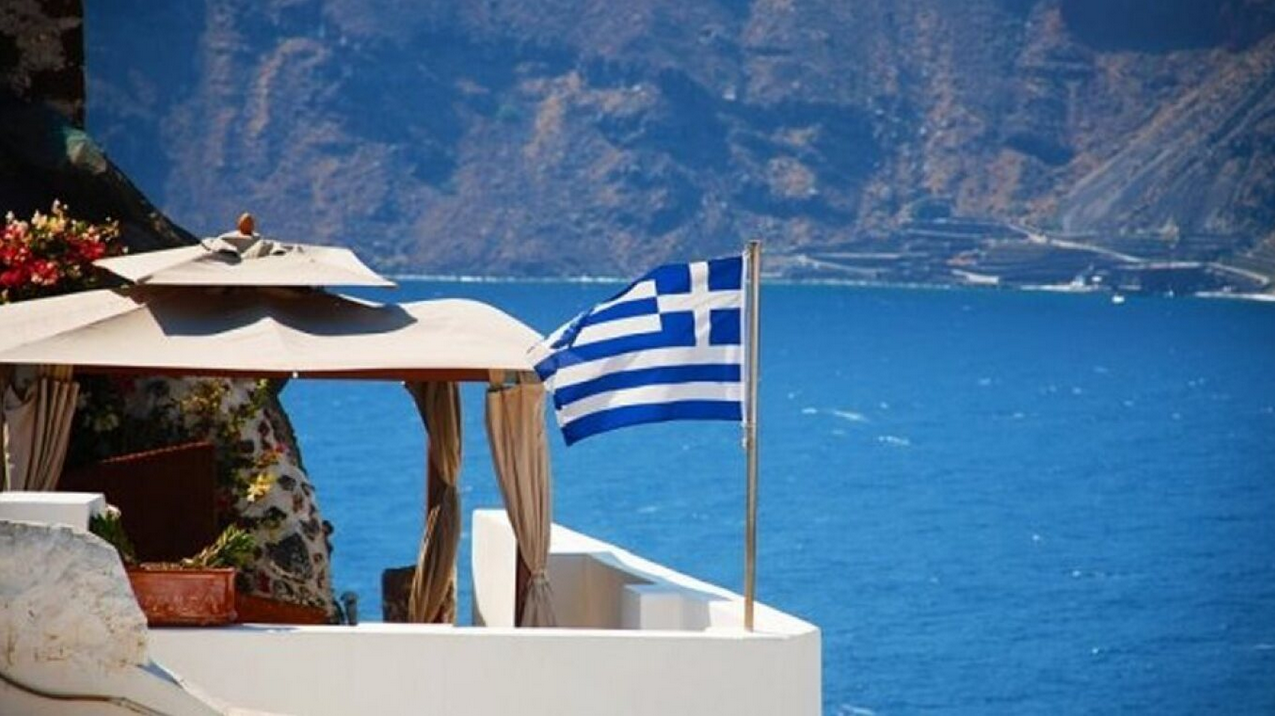Just before the European elections, the Italian newspaper La Stampa published an extensive report referring to our country. In the report, the newspaper emphasizes that “in tourism, the goal is for Greece to become a paradise twelve months a year, also due to the phenomenon of climate change.”
“From the islands to Athens, from the Peloponnese to the North, demand knows no bounds, awaiting the summer wave. Paros is the new Mykonos, Sifnos the new Paros, Rhodes the new Crete, and so on,” the newspaper writes. It also makes reference to the “Golden Visa.”
“British, Australians, Israelis, South Africans are buying houses and coming to live in Athens,” La Stampa writes. “In the area of the old airport of Ellinikon, the smart city of the future will be born, with a new marina, skyscraper, casino, and a twelve-thousand-square-meter hotel. This whole area is also appealing to many Arabs,” the correspondent explains.
The Italian center-left newspaper emphasizes that property prices for locals have increased significantly for Athenians, and there is a problem with food prices. It characterizes tourism as “the goose that lays the golden eggs, as it did already in the sixties. A sector that alone, last year, filled the state coffers with 18 billion euros, 3 more than in 2022.”
“Professor Kostas Lavdas, who teaches European and comparative politics at the Panteion University, outlines the picture of a country in recovery, after the great adventures it went through, with this year’s predicted growth of 2%,” the newspaper of Turin writes. “Greece is stabilizing its image, and this is positive for international rating agencies. Politically, the Mitsotakis leadership is stable, more than the previous ones,” says the well-known economist.
Language developed 8 times earlier than previously thought, says new book (video)
>Related articles
It also adds that “New Democracy is strong within the EPP, which, it seems, will continue to be the strongest European group.” Something that will “allow Greek interests to be heard more.”
The professor also states that “relations with Turkey have improved, but there are issues to be resolved, such as the youth unemployment rate and the low purchasing power of citizens.”
La Stampa concludes that “Greece is no longer the big patient of Europe, but the big cured one, a change of reality that the government seeks to be recognized.”
Ask me anything
Explore related questions





